Like countless others around the globe, the advanced manufacturing industry has faced significant changes over the past two years; triggered mainly by the COVID-19 pandemic, but also spurred on by a need to diversify and expand their offerings.
From supply chain disruptions and labour shortages to the rapidly changing landscape of the automotive sector, many local manufacturers have used these challenges as an opportunity to evolve; examining their capabilities and researching new ways their expertise can be utilized in other existing industries.
Advanced manufacturing companies make up roughly 13% of WEtech’s active client portfolio.
“There’s so much opportunity for manufacturers and industrial automation suppliers in our region,” says Adam Castle, WEtech Alliance’s Director of Venture Services. “A lot of the work we’ve been doing lately is with these companies who are looking at new opportunities.”
Currently, says Castle, WEtech is looking into how they can best facilitate conversations between these companies and the various industries to ensure these technologies are being sourced from Canada instead of importing them from around the world.
Castle points out that companies who work within the automotive sector are known for being hyper vigilant with their work, so applying their technology to other industries with similar specifications for parts and processes is a natural evolution.
“With automotive, the tolerance on certain parts or products is so specific,” explains Castle. “When you move into a sector that also has a lot of those tight parameters in terms of how you make things, it’s really a perfect fit. It’s just a matter of finding the opportunities and sliding in your tech and expertise.”
He says many of these companies are looking to grow in the areas of agritech, oil and gas, healthcare, hospitality, and other previously untapped markets.
“There is a lot of untapped potential for these companies to expand beyond automotive, while still maintaining their current client base and adapting to new requirements,” says Castle. “We have over 300 firms that have been feeding the automotive sector for years, and they can continue to do so while they look to other industries as well.”
Background image provided by Geopogo
One of the main goals of this diversification plan is to ensure skilled workers remain in the area.
“Keeping people here is a really important part of what we want to do,” he says, sharing that WEtech and regional partners will be introducing a roster of automobility programming, services and expertise starting in the next few months, to assist companies in starting, growing and diversifying.
The new programming will focus on themes such as finding where new opportunities exist, connecting businesses with others who have already made a shift; and sharing a blueprint of how companies can pivot into new markets.
“This is a great example of the collaboration we’re seeing in our region. Multiple organizations aligning on who they help and how,” says Castle. “Our developing automobility cluster has such unanimous support across so many local resources, with one clear goal, to make our region’s future a prosperous one.”
Adapting and Expanding
Some local companies have already identified and implemented new applications for their technology, while still focusing on their core offerings.
i-5O, which specializes in Visual Machine Learning technology designed to improve production methods, has continued to expand in the field of automotive manufacturing, but also branched off into the medical field, as well as the quick service restaurant sector.
“We branched off during the pandemic because the customer demand in the quick service restaurant sector went from in person and drive thru to mostly drive thru, so that caused a massive backlog in their drive thru times,” explains Khizer Hayat, CTO & Co-founder of i-5O. “They had to optimize their timing to ensure they were meeting the demand. That’s where our technology comes in and provides value by actually highlighting exactly where their processing times might be higher so they can improve those processes and staff accordingly and even break it down to see which shifts need better resources at a certain station.”
i-5O is also currently working with a power chair manufacturer in the medical device field, helping them calculate their processing time for every single part they produce as well as giving them details on their productive times so they can optimize their assembly line to meet production targets.
“In terms of their production operation, it’s very similar to automotive in that they have an assembly line where they’re building this power chair that’s fully customized.”
Despite finding a fit within these new markets, Hayat says i-5O is still heavily focused on the automotive production and manufacturing sector.
“The manufacturing landscape is significantly evolving, especially as we move into post-pandemic times,” says Hayat. “One of the major reasons the demand for our technology is growing in production is the labour shortage and that’s impacting pretty much everyone in not just manufacturing, but in warehousing and logistics.”
Hayat says that in the past, you could simply hire more workers to help you meet your production target, but now companies are forced to do more with less.
“Optimizing the production line is even more important and optimization is nearly impossible without data, so that’s where our technology comes in and that’s where our demand is also the highest.”
i-5O will be working with WEtech on business development in February. As a part of a virtual test bed program, they’ll be testing out their technology in a 5G environment through ENCQOR and OCI.
“We’ll be hosting a webinar with them to show off their technology on a 5G remote access platform, and to show the capabilities of their technology to a broader audience,” shares Castle.
Poised for Growth
Vik Lall, Head of Engineering at Windsor’s Formedge Manufacturing, says their company has the capacity and expertise to service a variety of markets as well, including construction, railway, and the electrical grid. It’s making the connections within these industries that Lall hopes WEtech can assist them with.
“That’s been our goal this past year, breaking into other industries,” says Lall. “We’re at the point where we’re trying to create networks.”
Formedge was established in 1998 and specializes in complex cold form parts including fasteners like nuts and bolts, seating components, and doors, hinges, and pins for large OEM companies like Ford and Chrysler.
“We’ve been strictly supplying parts to the automotive industry and it’s been amazing and really helped us grow our business, but nowadays the demand for automotive has changed,” he notes. “We survived (the financial crisis) in 2008, we survived the pandemic, but a lot of companies like ours closed down this year. It’s very sad to hear, but luckily we’re still here and I know for a fact for us to continue to survive we need to move into some of these other industries.”
Lall says the advantage of cold header machines is the speed and accuracy in which they can produce parts, a valuable capability and a perfect fit for the booming construction and railway industries.
“Cold headers can produce thousands of parts in an hour. They’re very high paced, high production machines compared to a conventional CNC machine which can do maybe a few hundred parts in an hour,” explains Lall. “It’s not very commonly seen in Canada. It’s almost like a dying niche because it’s very complex to get into and we’re probably one of the very few companies in Ontario that specialize in it.”
Lall says Formedge has continued to grow in the services they offer and the technology they’ve adopted. They now have 12 cold header machines, 8 CNC machines, and their own patent pending vision sorting machine which was developed by their in-house engineers.
“It’s able to check 9,000 parts in one hour, which is a phenomenal speed compared to the traditional way, which is actually checking by hand. We’ve automated that entire process,” he explains. “A lot of money goes into paying someone to sort parts by hand, so we just decided ‘let’s invent our own machine.’”
Lall says that while similar machines do exist, they cost upwards of a half a million dollars.
“We were able to build one for $100,000.”
They also built it so it could be used for other industries outside of automotive.
“It’s really robust in the sense that we can put any part on it; we’ve built it in such a way that there are inserts that we simply change out and you can put any dimension of part on it (length, diameter) and you can still check all the dimensions at a high speed.”
Image from the Formedge website | formedge.ca
The company is also working on its own products that they hope to be able to market to the construction industry, including patented nuts and bolts that will last longer and be a higher strength than the standard fasteners you’d find at a home improvement store.
“I think the future of our company will be breaking into these new industries, because there is a demand there; not just in Canada, but around the world,” he says. “We want to be the people supplying these parts. We’re trying to be the main supplier for the standard nuts and bolts the construction companies and railway industries use.”
Lall says Formedge was also able to take advantage of a grant from OAMP, bringing in a new 6 station cold header machine that will make their operations even faster and 10 times more efficient.
“We have the capability to meet those contracts for these big construction companies, now we’re just at the point where we say, ‘how do we get to them?’”
Formedge is growing, he says, and they want to ensure they continue to take things in the right direction.
“We are a true manufacturer; we don’t buy parts from China and resell them. We make everything here; we buy the raw steel and forge it, it’s all made in house. You don’t see a lot of that these days, but we like to keep our product in Canada because we have an efficient way of making it.”
Augmented Reality Training
Indeed efficiency is the key to growth in this rapidly changing market, and that includes being able to quickly and efficiently train workers.
That’s what DataRealm is trying to streamline with their augmented reality training technology.
The company, which was formed in 2001, specializes in software development, automation information systems, and controls engineering to streamline and automate business and manufacturing processes. Over the past several years, they’ve also begun to branch off into the fields of artificial intelligence and augmented reality.
“Our augmented reality work has really forged ahead,” says DataRealm founder Dave Fortin. “We’re currently doing a pilot concept at Ford for their engine assembly line, as well as augmented reality in the medical field. We’re also looking at some other very interesting widespread opportunities in retail.”
So, what is augmented reality training? Think Iron Man’s helmet, but in a visor. Augmented reality allows the viewer to see the real world with digital data overlaid over it; sometimes as a 2D display and sometimes as 3D holograms. Basically, it aids workers by providing step-by-step instructions on how to do various assembly jobs while on the assembly line.
Although just in its beginning phases, this method of training aims to reduce the skills gap, reduce downtime, and increase productivity and quality.
“There are multiple benefits to augmented reality training,” explains Fortin. “Depending on the situation, AR will allow you to not have to utilize a trainer for every single person. And it’s not to get rid of a person, it’s because people and resources are so scarce right now. You just don’t have enough and AR can be very important as our skill shortages are growing.”
Because AR is still so new, Fortin says the cost of the hardware is currently a barrier they hope to overcome in the coming years.
“The cost of the headsets is an issue,” explains Fortin. “We’re hoping as the price comes down the technology will be more pervasive.”
As far as the software, Fortin says the tools his company has created will make it easy for companies to create their own AR training sessions without the need of a programmer.
“The software we’re developing allows other users to do it themselves,” he shares. “That was our goal from the beginning. You don’t need us to change it. You can just go in and insert a new picture, video file, CAD component, or drawing and take out the old one. You don’t need code to do it.”
Fortin envisions people one day being able to throw on a set of AR glasses at home to tackle their own home improvements or repairs, like fixing a plumbing issue.
“There are a lot of applications for this in the future at the right price and the right point in time. We’re not quite there yet.”
Fortin says his company is also currently working with Tandem Engineering Group, utilizing their 3D scanners and drone scanners to scan the entire building and then using augmented reality to superimpose what the facility will look like once equipment and other fixtures are installed.
“You’re looking in your facility or factory and you can see what it’s going to look like after you put in, say, a new machine, or pipes, or an air conditioning unit.”
Fortin, who has been involved with WEtech periodically since its inception, says he hopes to continue to grow his company’s research and development capabilities in the coming years, as well as assist other up and coming businesses through WEtech’s mentorship opportunities.
“R&D is something I’ve always wanted to stay involved in because we find it gives us a bit of an edge,” he explains. “You never know when you’re going to hit on the right thing.”

Jen Brignall-Strong was born and raised in Windsor and is a graduate of the St. Clair College Journalism program. She has worked in the media for over 15 years, writing for multiple local publications including The Drive Magazine. Jen is currently a freelance journalist and enjoys sharing stories from the many remarkable individuals that make up our region.
Check out more of Jen’s stories HERE.
This article is part of our ongoing Client Sector Series, highlighting some of the key tech sectors and portfolio clients that we work with. Click the images below to check out the other stories in this series so far.


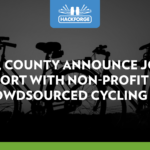
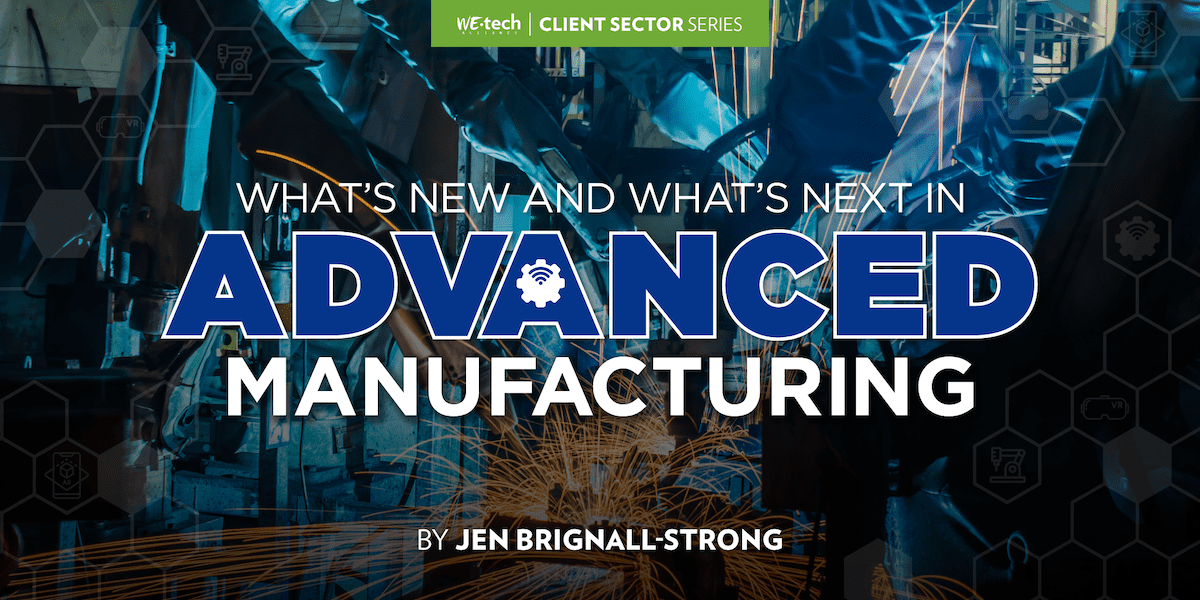








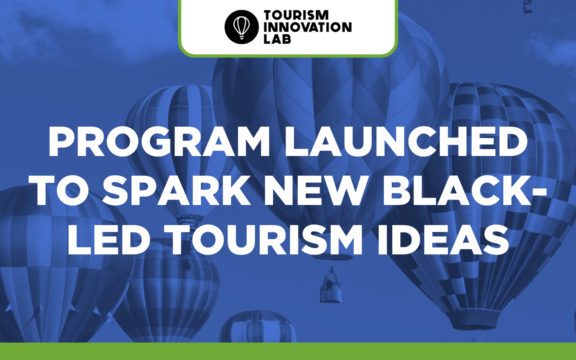


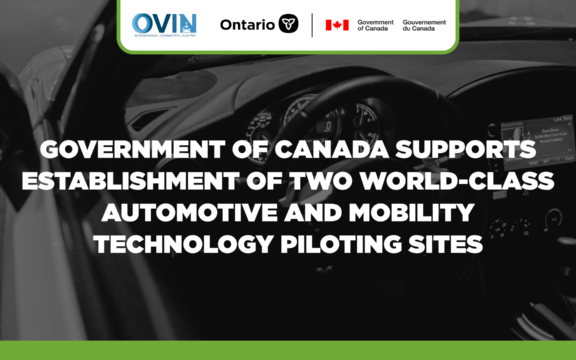
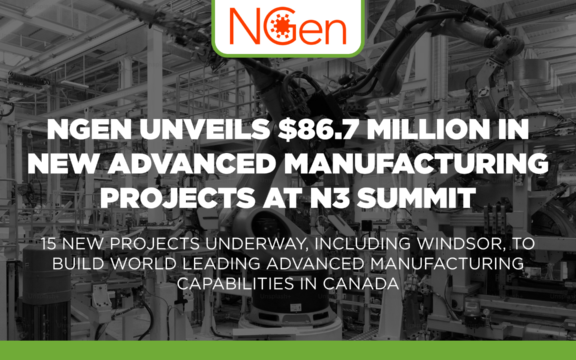

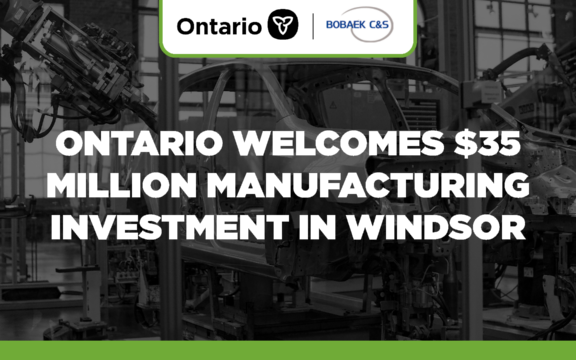
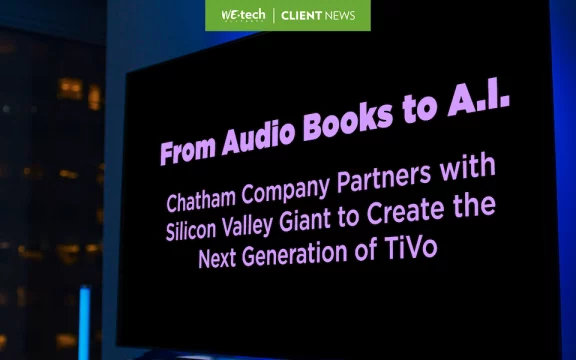


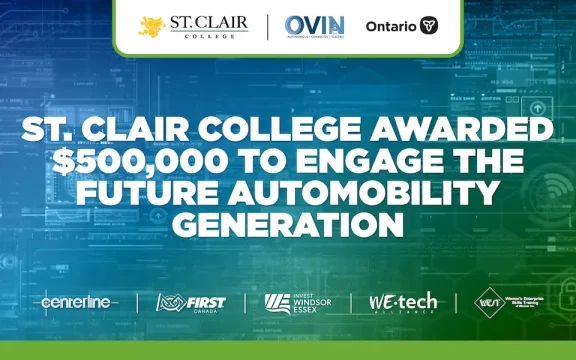






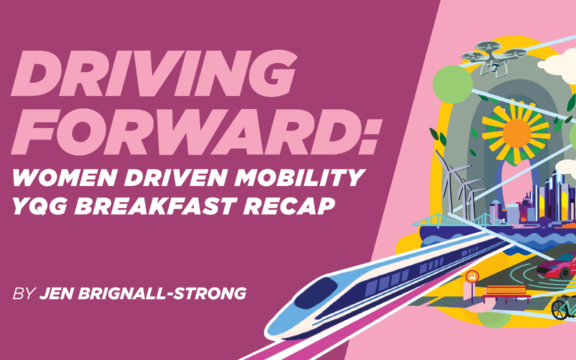


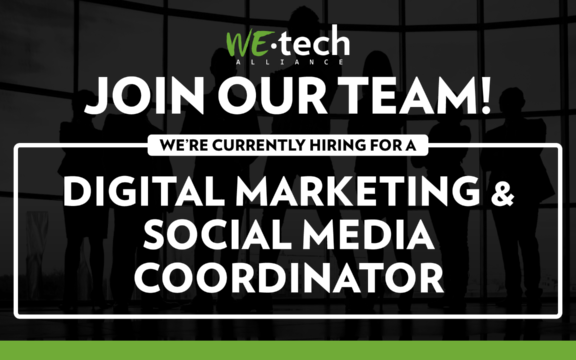
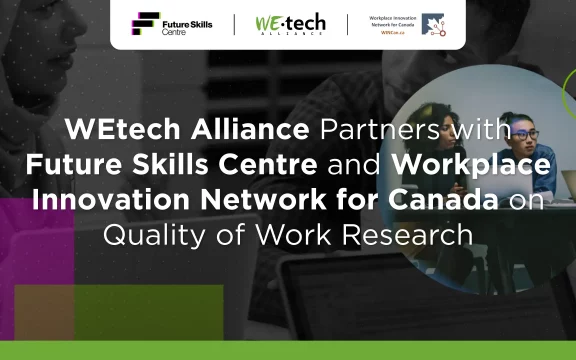
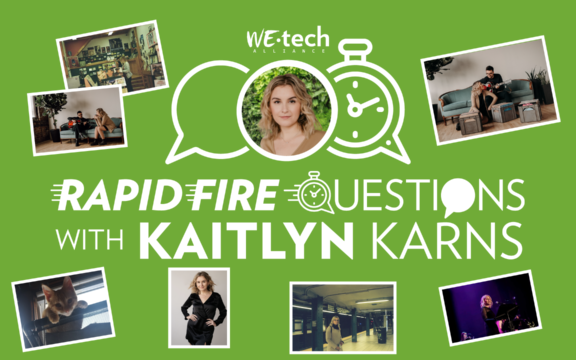
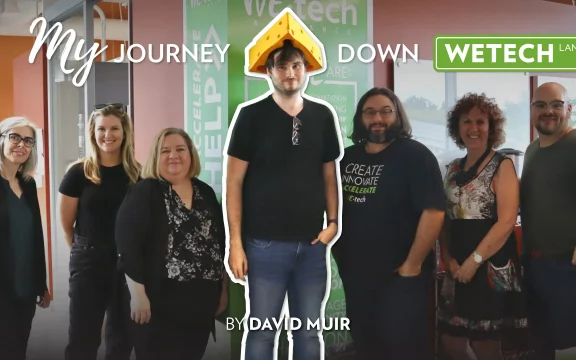

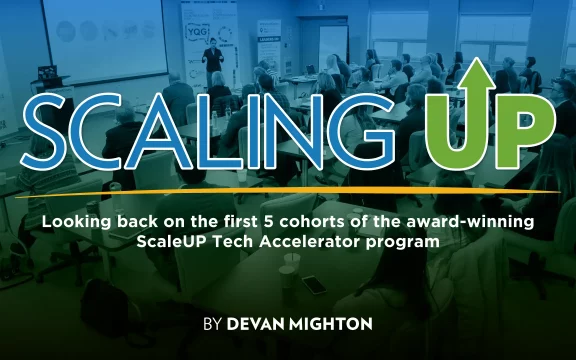
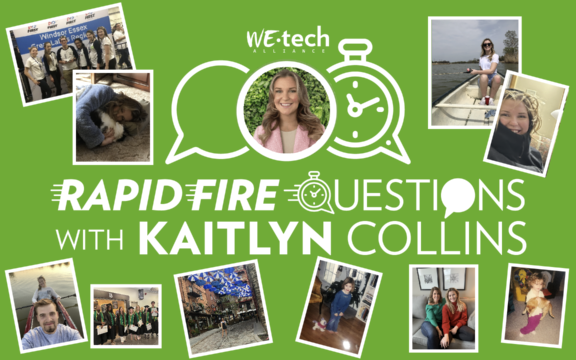



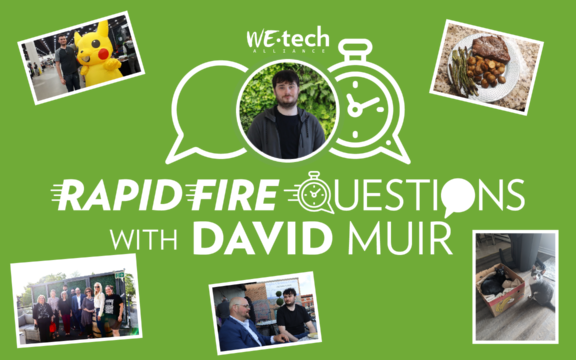

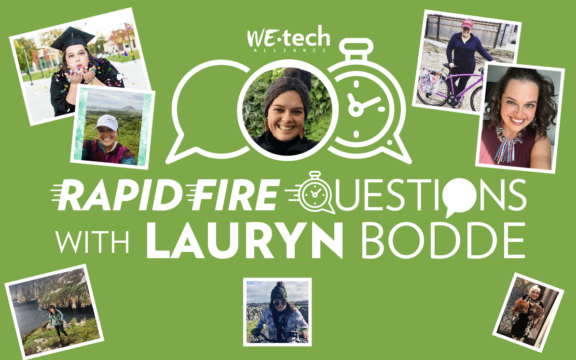
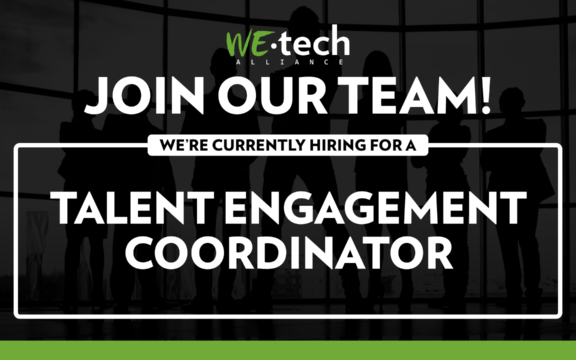
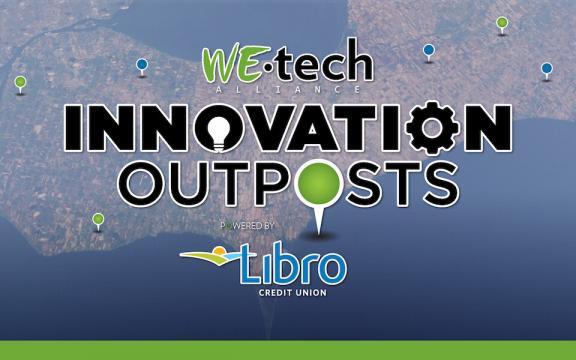


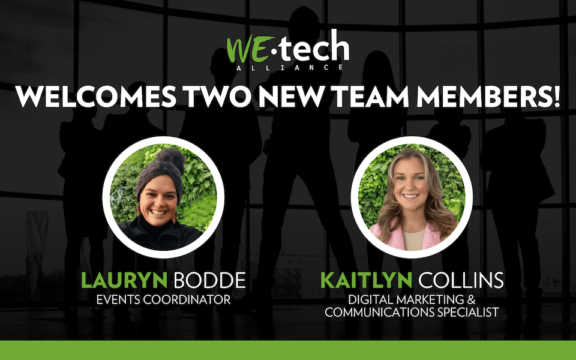
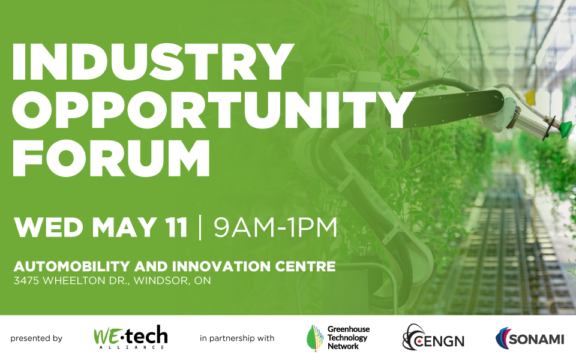

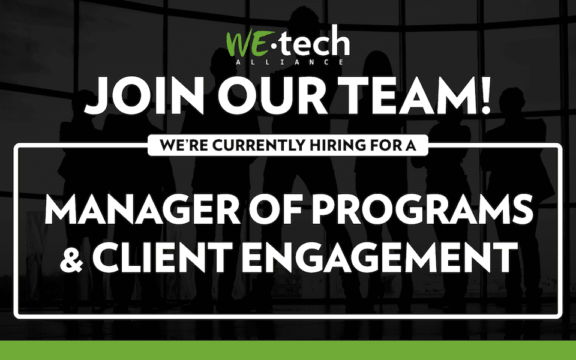




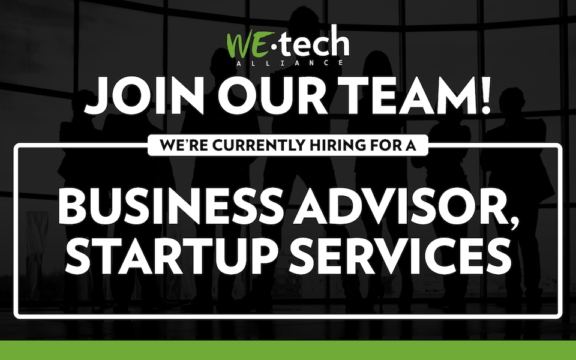
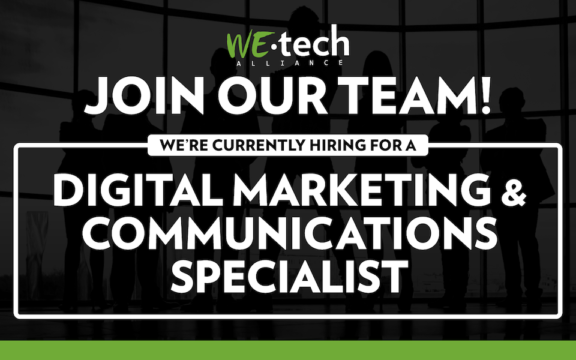

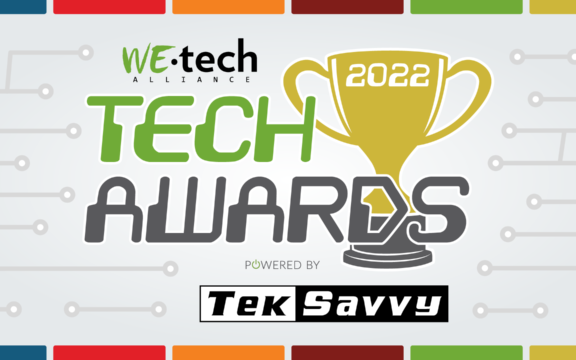
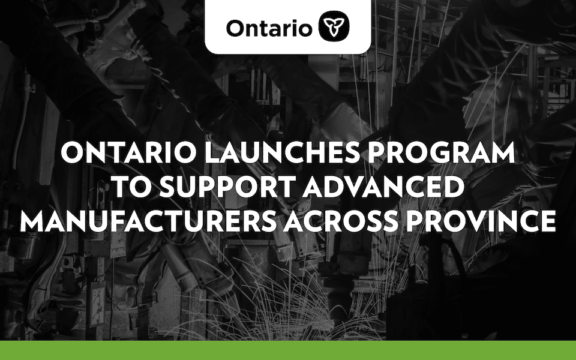


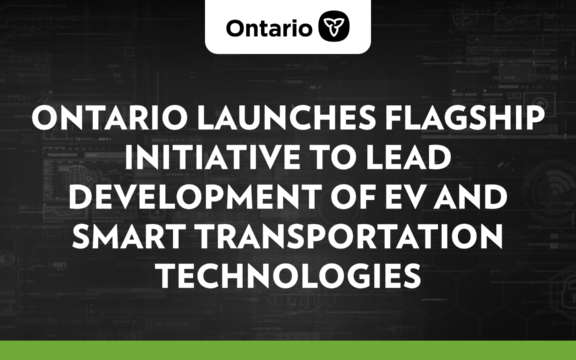
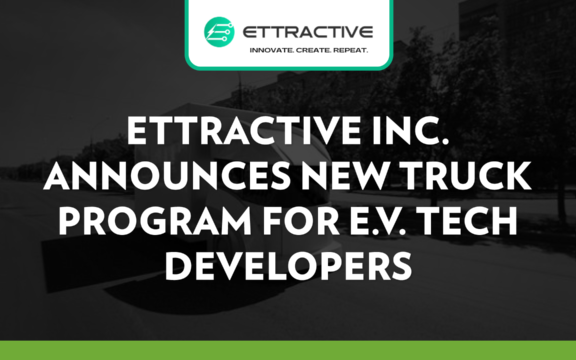
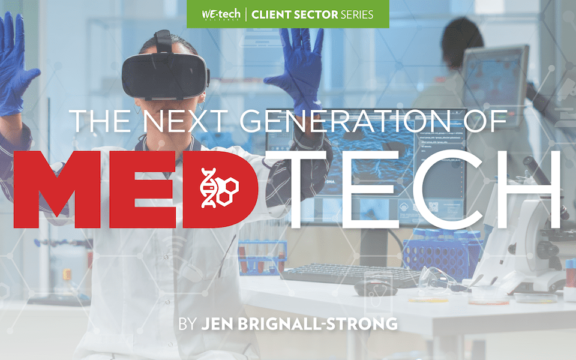
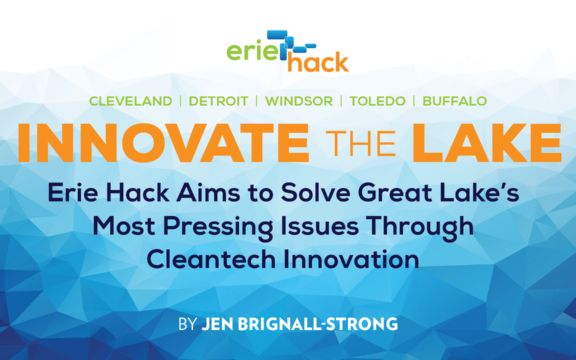



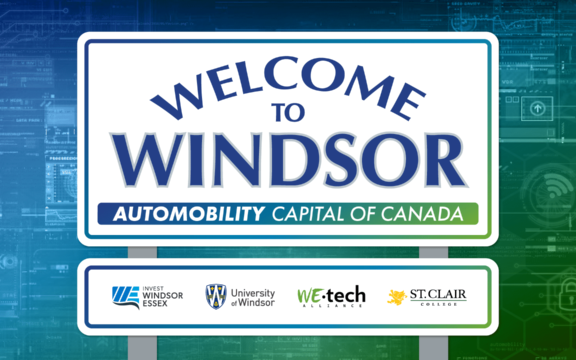




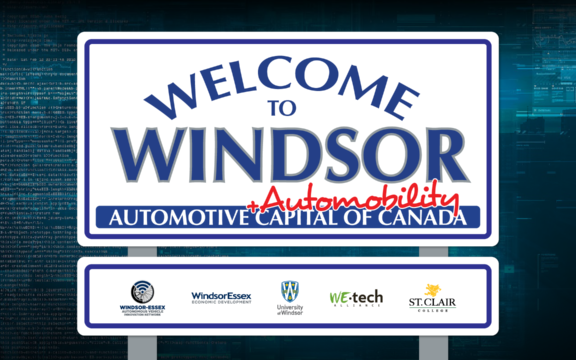

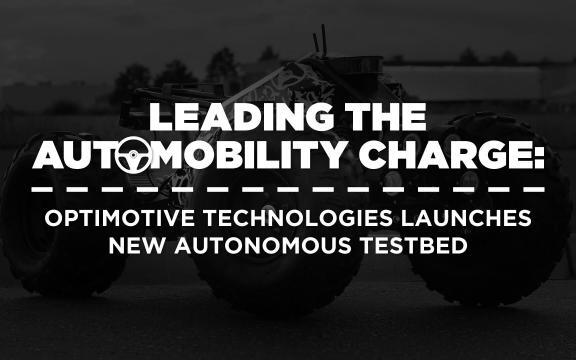




[…] to Windsor proved pivotal for Mayank and Fetherstill Inc. Despite the challenges inherent in working in the Advanced Manufacturing sector, the move opened doors to a supportive ecosystem that would play a crucial role in the startup’s […]
[…] are breaking barriers and shaping the future of technology and innovation in our region: from advanced manufacturing to app development to greentech and […]